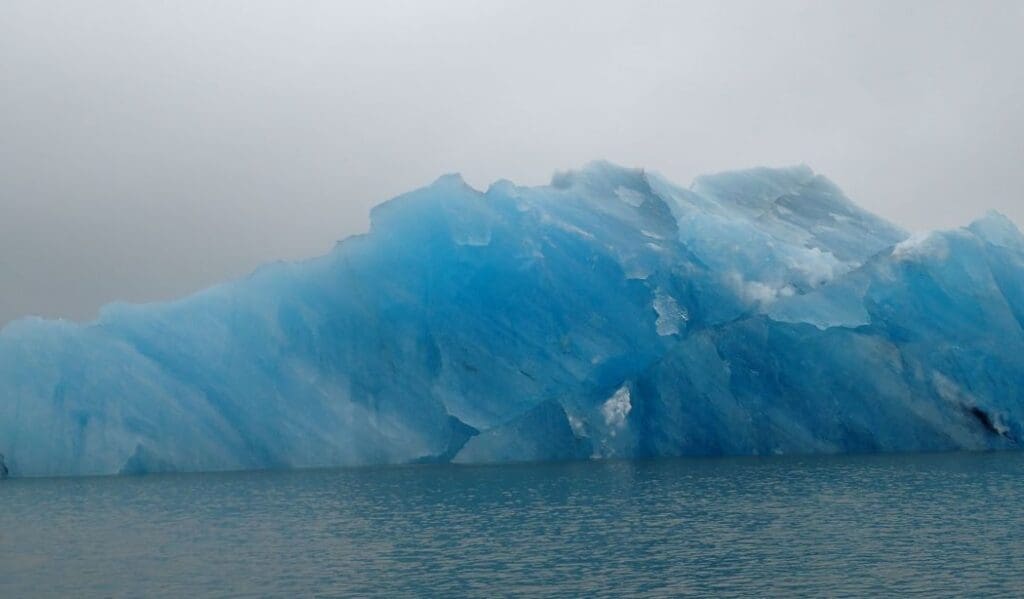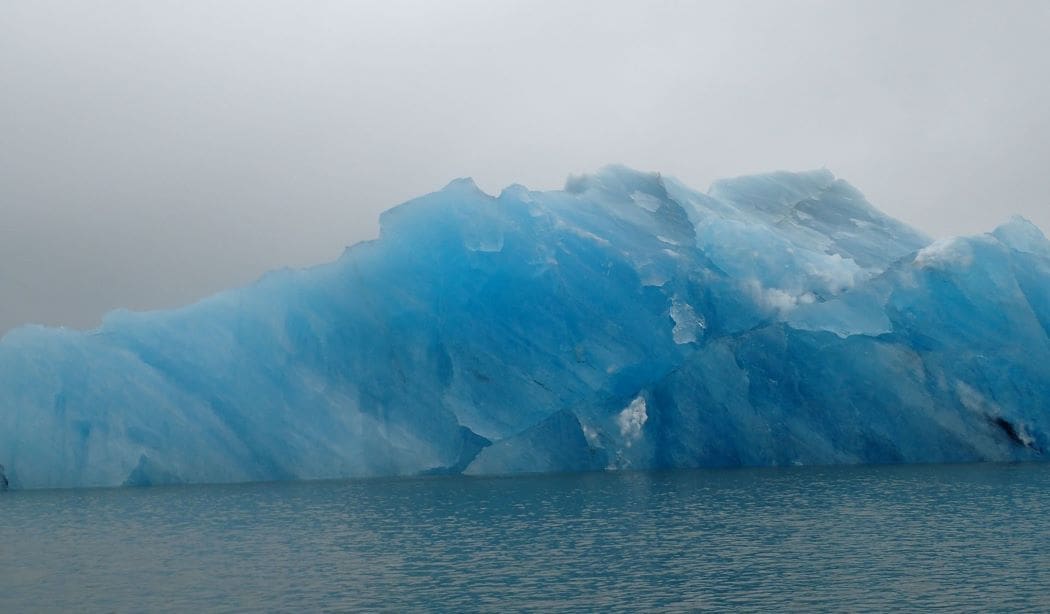Summary:
Massive glaciers that covered Earth hundreds of millions of years ago acted like bulldozers, reshaping the planet’s surface and setting the stage for complex life to emerge.
A new study published in Geology reveals how glaciers of the Neoproterozoic era eroded deep into the crust, releasing key minerals that altered ocean chemistry. Researchers from Curtin University, in collaboration with the University of Portsmouth and St. Francis Xavier University, analyzed detrital zircon in ancient rock formations across Scotland and Ireland.
Their findings suggest that glacial activity intensified erosion, flushing uranium-rich minerals into the oceans — an event that may have contributed to postglacial oxygenation and supported the evolution of complex organisms. Lead author Professor Chris Kirkland explained that these ancient climate shifts triggered large-scale environmental transformations, emphasizing the deep interconnections between Earth’s land, oceans, and atmosphere.
The study also provides insight into how modern climate changes could reshape the planet in similarly profound ways.

Giant ice bulldozers: how ancient glaciers helped life evolve
New Curtin University research has revealed how massive ancient glaciers acted like giant bulldozers, reshaping Earth’s surface and paving the way for complex life to flourish.
By chemically analysing crystals in ancient rocks, the researchers discovered that as glaciers carved through the landscape, they scraped deep into the Earth’s crust, releasing key minerals that altered ocean chemistry.
This process had a profound impact on our planet’s composition, creating conditions that allowed complex life to evolve.
Lead author Professor Chris Kirkland from the Timescales of Mineral Systems Group within Curtin’s Frontier Institute for Geoscience Solutions said the study provides valuable insights into how Earth’s natural systems are deeply interconnected.
“When these giant ice sheets melted, they triggered enormous floods that flushed minerals and their chemicals, including uranium, into the oceans,” Professor Kirkland said.
“This influx of elements changed ocean chemistry, at a time when more complex life was starting to evolve.
“This study highlights how Earth’s land, oceans, atmosphere and climate are intimately connected- where even ancient glacial activity set off chemical chain reactions that reshaped the planet.”
Professor Kirkland said the study also offered a new perspective on modern climate change, showing how past shifts in Earth’s climate triggered large-scale environmental transformations.
“This research is a stark reminder that while Earth itself will endure, the conditions that make it habitable can change dramatically,” Professor Kirkland said.
“These ancient climate shifts demonstrate that environmental changes, whether natural or human-driven, have profound and lasting impacts.
“Understanding these past events can help us better predict how today’s climate changes might reshape our world.”
The research was conducted in collaboration with the University of Portsmouth and St. Francis Xavier University, Canada.
Journal Reference:
C.L. Kirkland, R.A. Strachan, D.B. Archibald, J.B. Murphy, ‘The Neoproterozoic glacial broom’, Geology (2025). DOI: 10.1130/G52887.1
Article Source:
Press Release/Material by Lucien Wilkinson | Curtin University
Featured image credit: Chris Kirkland




